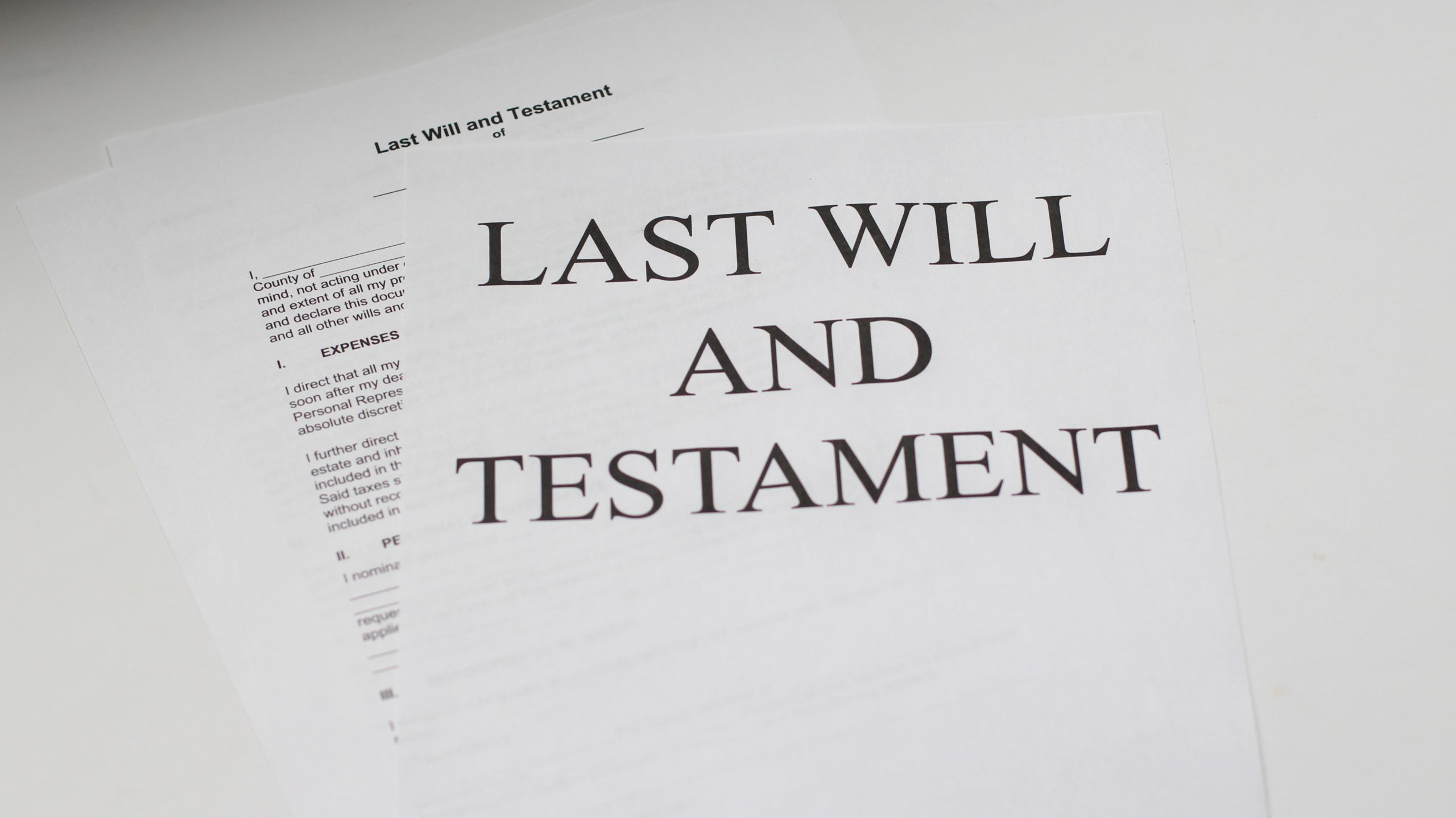Attorney Cynthia Fronterhouse shares the key things you need to know about wills and probate in Texas.

There are four estate planning documents that every adult in Texas needs to know. Those include:
- A last will and testament appoints a guardian and establishes a trust.
- A durable power of attorney appoints an agent to manage your finances.
- A medical power of attorney appoints an agent to make healthcare decisions on your behalf, if you become unable to do so on your own.
- A directive to physicians instructs physicians not to use artificial methods to prolong your life.
If you have a will and die in Texas, probate is a simple process to distribute your assets. Most Texas wills direct the named executor to pursue independent administration. Independent administration in Texas allows executors and administrators to serve largely independent of court supervision. This means that the executor does not have to post a bond and does not have to ask court permission before taking many steps to settle the estate.
Is your will valid? To make a valid will in Texas, you must have a legal capacity testamentary capacity, testamentary intent and certain formalities must be followed. If a will does not meet all the requirements set forth by the statutes, your will unfortunately will be declared invalid, meaning that your estate could be distributed according to statutory formula, rather than the way you would have preferred.
What should you do if you are the surviving spouse?
In order to ensure that all estate property is fully and efficiently distributed, it is recommended that the surviving spouse probate the will when first spouse dies. Community property residences are generally owned as tenants-in-common. Thus, if the surviving spouse later attempts to sell the home, some form of probate or estate administration must be initiated to transfer the full title on the house to the surviving spouse’s name.
If you die without a will, Texas law lays out how the state will be distributed.
The disadvantages of dying without a will are many.
- You don’t determine how your property is distributed.
- The court will decide who will be the guardian of your children.
- Your pets may not get the care that they deserve or that you wish for them.
- It’s a more expensive proceeding if there is no will.
- You may not get the funeral that you wanted.
Remember: The law provides four years to probate a will. After four years, it is costly and timely to do so.
Handling of Your Executed Estate Documents
- Copies: Except for your will, it is always a good idea to have several copies of these documents and keep them at various locations. This ensures that those persons who are helping you will have easy access to the documents they will need, if your health deteriorates. Please note: If you are making additional copies of these documents, please do not unstable the original. Instead, use a copy to make additional copies.
- Medical power of attorney: Please give a copy of this document to your physician to be included in your medical records. If you are an outpatient at a hospital or clinic, the hospital’s business office might also be an appropriate place to leave a copy to be included in your medical records. You should also give a copy to the agents whom you named in this document.
- Guardianship Declaration regarding Minor Child or Children: Whenever you feel it is appropriate, you should give a copy of this document to each of the persons whom you have named as guardians. You might also discuss any specific ideas or items that you want these guardians to discuss with your child. Please remember that this document does not replace a custody order from the court.
- Directive to Physicians: Please handle this document in the same manner as a medical power of attorney.
- Last Will and Testament: You do not need to do anything with your will. Simply keep it in a safe place. Do not file it at the courthouse. Do not give your physician a copy. Do not show it to anyone. You may want to leave a note for your executor/executrix as to the location of your will. Remember: Your will is nobody’s business but your own. We do not suggest that you keep it in your safety deposit box at the bank, unless someone (preferably your agent) is a co-holder of that bank box. Otherwise, no one will have the authority to get into the box after you have died without a court order. Your selections and instructions to the court are in your will, so this becomes a circular problem. Also, do not unstaple your will. Do not write or mark on your will. If you wish to make changes, please contact Cynthia Fronterhouse at 713-467-1760.
Life Insurance, 401K, Pensions and Investments: Please check your policies to make sure the beneficiaries are correct. Update the beneficiary information immediately, if it is not correct. Your will does not control or have any effect on what we call “non-probate” assets, unless you have simply named your estate as the beneficiary of that particular asset. This includes life insurance proceeds, IRA benefits, deferred compensation plans from work, and similar assets. Remember: If you want this type of asset to go to the person of your choice. you must make arrangements directly

Houston Attorney Cynthia Fronterhouse
with the insurance company, bank, or anywhere else that holds these benefits for you.
If you have any questions about any of the above documents or have other legal questions about your wills and probate, please contact attorney Cynthia Fronterhouse at 713-467-1760. You may also contact our office. Due to attorney-client confidentiality, Cynthia can only speak to you.

